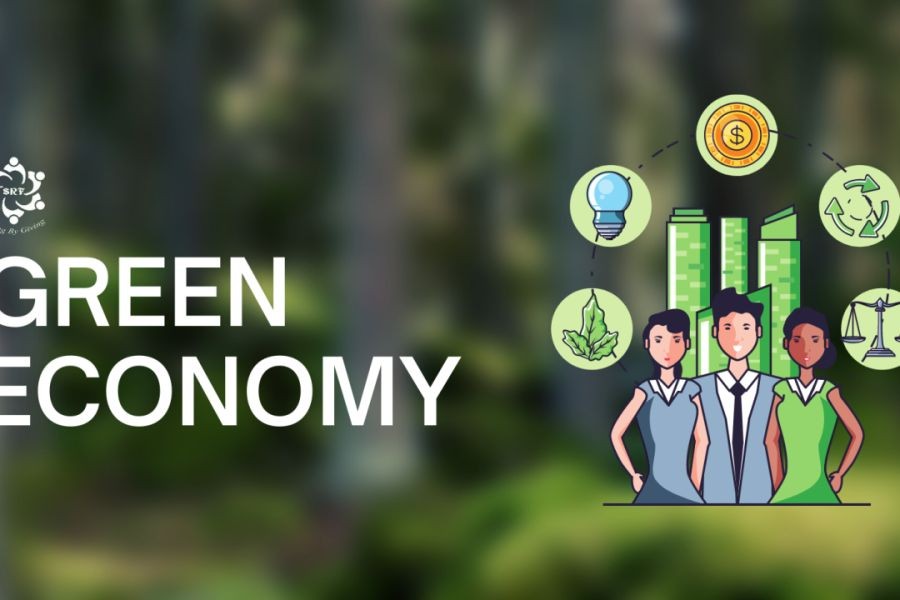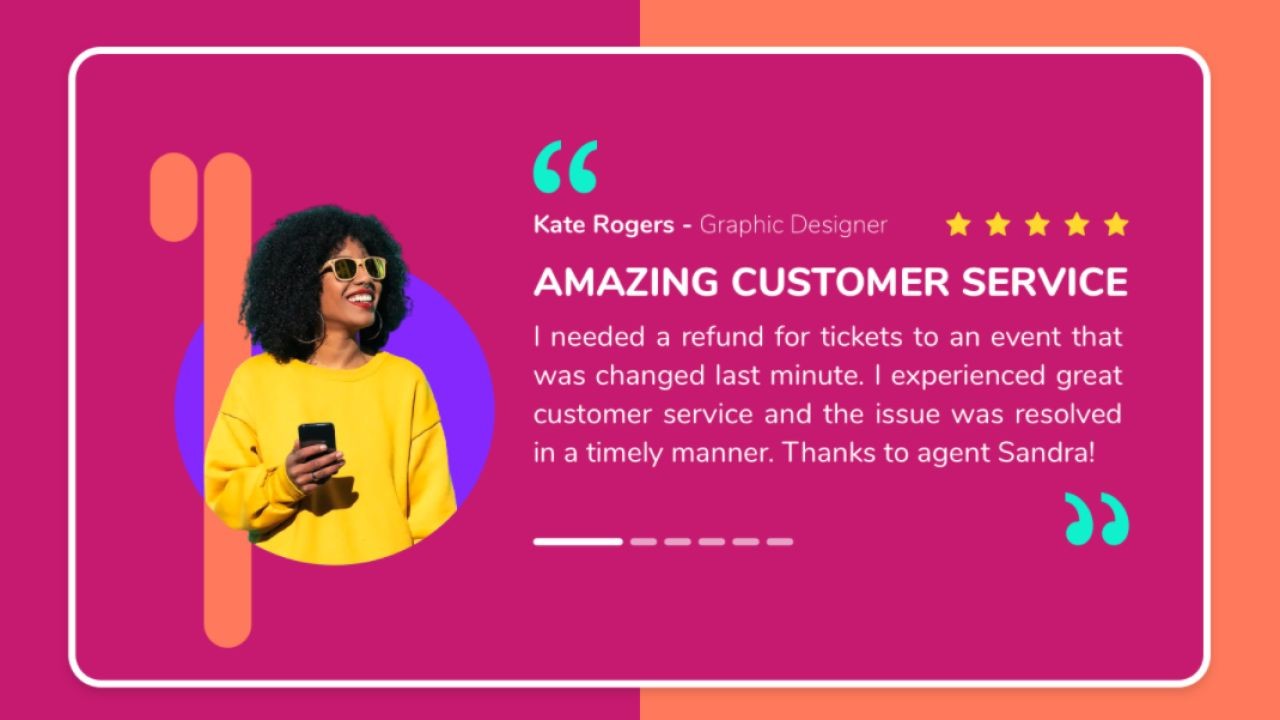New Zealand is uniquely poised to become a leader in the green economy, thanks to its abundant natural resources and progressive policies. As the world increasingly shifts towards sustainable practices, starting a business in the green economy can provide significant opportunities for growth and innovation. This article explores the essentials of launching a green business in New Zealand, providing data-backed insights, expert opinions, and actionable strategies tailored to the property development sector.
Understanding New Zealand’s Green Economy Landscape
New Zealand’s commitment to sustainability is evident in its ambitious goal to achieve a net-zero carbon economy by 2050. This policy has driven substantial investment in renewable energy projects, such as wind and solar power, and encouraged businesses to adopt eco-friendly practices. According to Stats NZ, the environmental sector contributes approximately 4% to the national GDP, highlighting its economic significance.
The Role of Government Policies
The Ministry of Business, Innovation and Employment (MBIE) provides support through grants and incentives to businesses that align with sustainable practices. For instance, the Low Emission Vehicles Contestable Fund offers co-funding for projects that reduce emissions, paving the way for innovations in green transportation.
Starting a Business in the Green Economy: A Step-by-Step Guide
1. Identify Your Niche
The first step to starting a green business is identifying a niche that aligns with both market demand and your expertise. Whether it's sustainable construction materials, renewable energy solutions, or eco-friendly property management, choosing the right niche is crucial. In 2023, the demand for green building materials in New Zealand increased by 15%, indicating a growing market for sustainable construction.
2. Develop a Business Plan
A robust business plan should outline your mission, target market, competitive analysis, and financial projections. Incorporating sustainability into your business model not only aligns with global trends but also attracts eco-conscious consumers and investors. According to a report by the Reserve Bank of New Zealand, businesses with sustainable practices are more resilient to economic fluctuations.
3. Secure Funding and Resources
Funding is a critical aspect of launching a green business. In New Zealand, numerous options are available, including government grants, loans from environmentally-focused banks, and investments from green venture capitalists. The New Zealand Green Investment Finance Ltd is a key player, providing capital to projects that reduce greenhouse gas emissions.
Case Study: SolarCity New Zealand – Harnessing the Power of the Sun
Problem: SolarCity New Zealand aimed to increase solar energy adoption among residential users but faced challenges in affordability and market penetration.
Action: By introducing a zero-upfront-cost solar plan, SolarCity allowed homeowners to pay for solar energy as a service rather than an upfront capital investment.
Result: Within two years, SolarCity increased its customer base by 200%, providing over 5,000 homes with solar power solutions, and significantly reduced carbon emissions.
Takeaway: Innovative financial models can break down barriers to renewable adoption, making sustainable energy accessible to a broader audience.
Pros and Cons of Green Business Initiatives
Pros:
- Higher ROI: Sustainable businesses often report a 30-50% increase in revenue due to consumer preference for eco-friendly products.
- Regulatory Support: Government incentives and grants reduce initial costs and encourage innovation.
- Market Differentiation: Green businesses stand out in a crowded market, attracting environmentally-conscious consumers.
Cons:
- Initial Investment: High upfront costs can be a barrier, though they are often offset by long-term savings.
- Regulatory Compliance: Navigating complex environmental regulations can be challenging.
- Market Education: Consumer awareness and education are essential to drive demand for green products.
Common Myths About the Green Economy
Myth: "Green products are always more expensive."
Reality: Advances in technology and increased competition have made many green products cost-competitive. Statistics from MBIE show that the price of solar panels has decreased by 70% over the past decade.
Myth: "Only large businesses can afford to be sustainable."
Reality: Small and medium enterprises in New Zealand are increasingly adopting sustainable practices, supported by government incentives and community initiatives.
Future Trends and Predictions
The green economy is set to expand significantly in New Zealand. By 2030, it is predicted that 40% of the country’s energy will come from renewable sources, driven by technological advancements and policy support. Businesses that adapt to these trends will be well-positioned to thrive in a sustainable future.
Conclusion
Starting a business in the green economy in New Zealand presents a unique opportunity to contribute to sustainability while achieving economic success. By identifying a niche, developing a solid business plan, securing funding, and staying informed about industry trends, entrepreneurs can navigate the green economy landscape effectively. What steps will you take to join this green revolution? Share your thoughts and experiences below!
People Also Ask
- How does starting a green business impact New Zealand? Green businesses in NZ leverage sustainable practices, leading to increased revenue and customer loyalty. They also contribute to the country’s net-zero carbon goals.
- What are the biggest misconceptions about green businesses? A common myth is that green products are always more expensive. However, technological advancements have reduced costs, making them competitive.
- What are the best strategies for implementing a green business? Experts recommend starting with thorough market research, followed by securing funding and leveraging government incentives for long-term success.
Related Search Queries
- Green economy New Zealand
- Sustainable business practices NZ
- Renewable energy startups NZ
- Eco-friendly property development
- Green investment opportunities NZ

































Cinemay
8 months ago